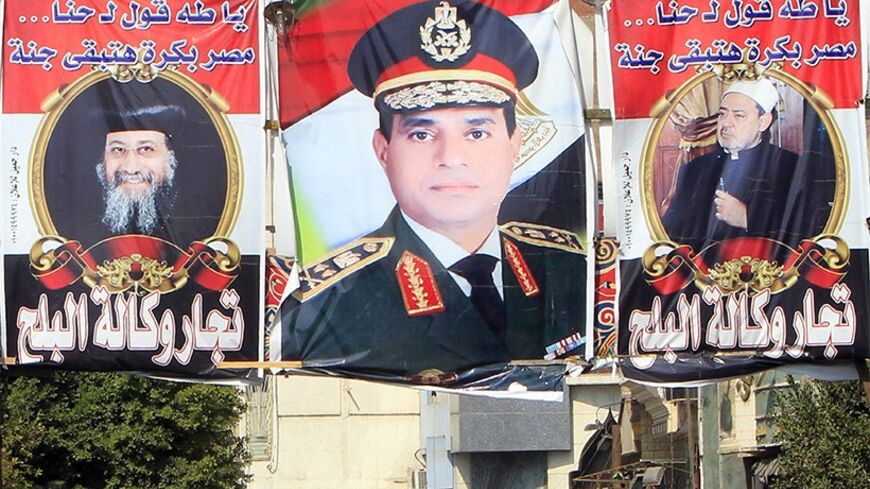On April 13, the European Union delegation to Egypt and the head of Egypt's electoral commission signed an agreement to expedite setting up a complete Elections Observation Mission. Preceded by a somewhat unexpected trip by the European Union’s High Representative for Foreign Affairs and Security Policy Catherine Ashton, the agreement has one predictable aim: to observe the imminent presidential elections, the first round of which is due to take place May 26-27. The decision was hardly unanimous, and there were significant voices both in favor of the deployment and critically opposed to it.
The agreement that will govern the setup is due any day now. While it is technically non-binding, it will carry certain moral and political weight. Regardless of the pact, however, the debate will continue within the EU and elsewhere over whether the EU should be conducting an elections mission at all.



